Faced with that reality, building a multi-channel consumption strategy is becoming an important direction, helping cooperatives expand their markets, increase value and develop sustainably.
Expanding sales channels
Multi-channel sales is a flexible model combining many forms such as direct consumption, business association, building points of sale, developing agents and promoting e-commerce. This is a trend that many cooperatives in the province have implemented to adapt to market fluctuations and modern consumption trends.

A typical example is Nhon Tho II Agricultural Cooperative (An Nhon Nam Ward) - a unit that has cooperated with ThaiBinh Seed Group since 2009 to develop a rice seed production area of nearly 200 hectares, with the participation of more than 600 households. Each year, the Cooperative consumes thousands of tons of rice seeds at a purchase price 30% higher than the market price, bringing in revenue of over 50 billion VND, and added value of over 5 billion VND for members and associated people. In addition, the Cooperative also develops 10 hectares of safe vegetables and fruits, with an output of 50 - 120 tons/year.
Mr. Pham Van Tan, Chairman of the Board of Directors, Director of Nhon Tho Agricultural Cooperative II, shared: We not only cooperate with businesses to consume products, but also proactively switch to multi-channel sales: From implementing electronic contracts, actively promoting through trade fairs to promoting products through digital platforms. Thanks to that, the market has expanded beyond the province.
Similarly, To Tung Agricultural Trade and Service Cooperative (To Tung commune) is currently developing 3 OCOP products: Kbang wild bamboo shoots, pure Java lemongrass essential oil, and Thanh Huong dried squash. Ms. Nguyen Thi Thanh Huong, Chairwoman of the Board of Directors of the Cooperative, said that the Cooperative is actively exploiting e-commerce channels. Over the past 5 years, the Cooperative has built a fanpage, proactively introduced products on digital platforms and put them on e-commerce platforms. Thanks to that, the consumption market has spread to Ho Chi Minh City, Hanoi , Da Nang, etc.; with e-commerce sales accounting for about 40% of total revenue.
Currently, many cooperatives in Gia Lai have proactively brought OCOP products and clean agricultural products to e-commerce platforms to reach consumers nationwide. However, not only stopping at opening online stores, selling on digital platforms requires cooperatives to have a new mindset in branding, product images, inventory management, livestream skills, customer care, etc.
Inevitable direction, need companionship
The province currently has 764 cooperatives operating in many fields, including 579 agricultural cooperatives (accounting for 75.8%), with nearly 196,000 members, creating regular jobs for more than 4,500 workers. Of which, 172 agricultural cooperatives (accounting for 29.7% of the total number of agricultural cooperatives) have implemented concentrated product consumption, mainly through two forms of self-consumption or association with enterprises.

Mr. Y Nguyen Enuol, Deputy Head of the Rural Development Department (Department of Agriculture and Environment) said: Of these, 79 cooperatives have developed 185 OCOP products and are implementing consumption through many channels such as cooperative stores, agents, supermarkets, fair booths, and e-commerce platforms. In addition, there are 70 projects linking production and consumption according to the value chain supported by the State with about 29 billion VND.
“Some agricultural cooperatives have proactively built linkage chains, improved the quality of agricultural products, improved designs, packaging...; some have formed large raw material areas, effectively linked with businesses to expand the market,” Mr. Enuol assessed.
One of the typical cooperatives is Tam Thanh Agricultural Production, Trading and Service Cooperative (Ia Hrung commune), which is linking 150 member households to grow more than 320 hectares of coffee according to 4C standards (an internationally recognized certification system for the entire coffee industry, focusing on sustainability throughout the supply chain). The cooperative regularly coordinates with partner enterprises to provide technical support, guidance on cultivation processes, humidity management, etc., and purchase products at prices higher than the market.
Or, Hung Thom Gia Lai Agricultural and Service Cooperative (Hra commune) is cooperating with farmers in the commune to develop a 300-hectare passion fruit material area, of which 85 hectares are grown according to GlobalGAP standards. In addition to exporting fresh fruit, the cooperative has also invested in a processing line and currently has 15 products from passion fruit, contributing to increasing the value and stability of output.
However, many cooperatives still have difficulty accessing modern distribution systems or do not have enough capacity to deploy e-commerce professionally.
Deputy Director of the Department of Industry and Trade Nguyen Duy Loc said: In recent times, the Department of Industry and Trade has coordinated with relevant units to organize many training courses, support cooperatives to improve business capacity, online sales skills, promote brands; organize fairs, agricultural markets, exhibitions to connect supply and demand. In particular, the livestream activity to introduce agricultural products on TikTok Shop with the support of the E-commerce Association has initially helped many products of the province's cooperatives spread to consumers nationwide.
“Promoting trade using technology is an effective direction, but to create a breakthrough, cooperatives also need to proactively change their mindset, build a systematic brand, invest in digital transformation and professionalize business activities,” Mr. Loc emphasized.
Source: https://baogialai.com.vn/hop-tac-xa-voi-chien-luoc-ket-noi-tieu-thu-da-kenh-post562607.html



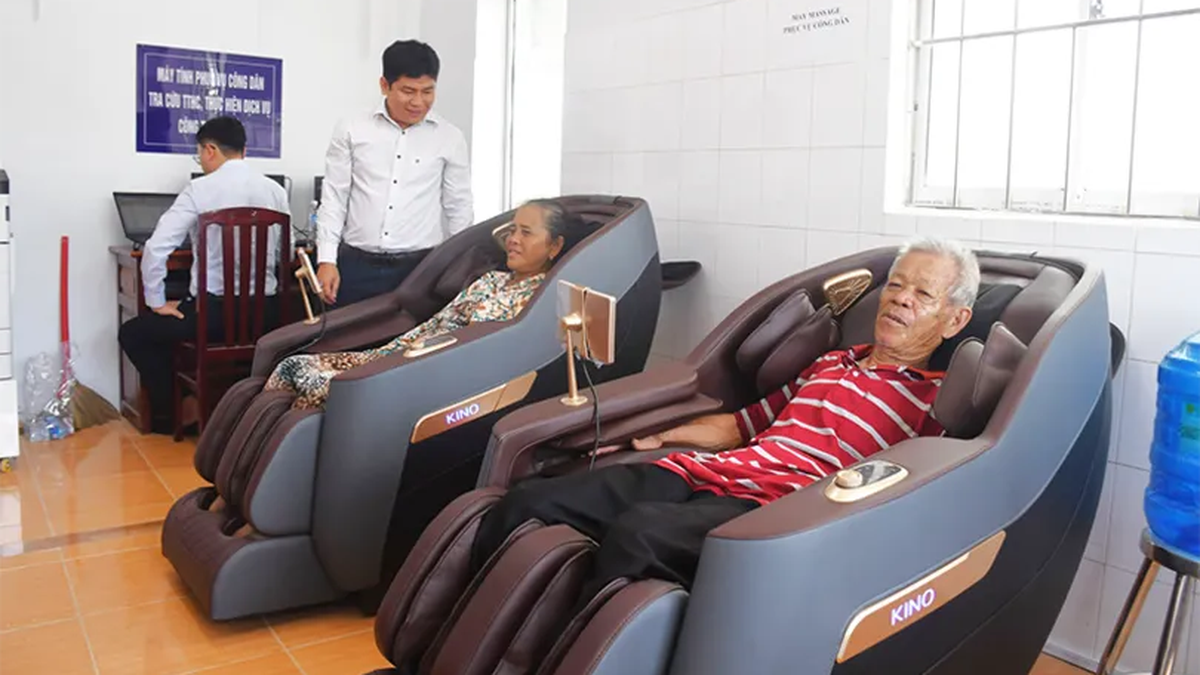





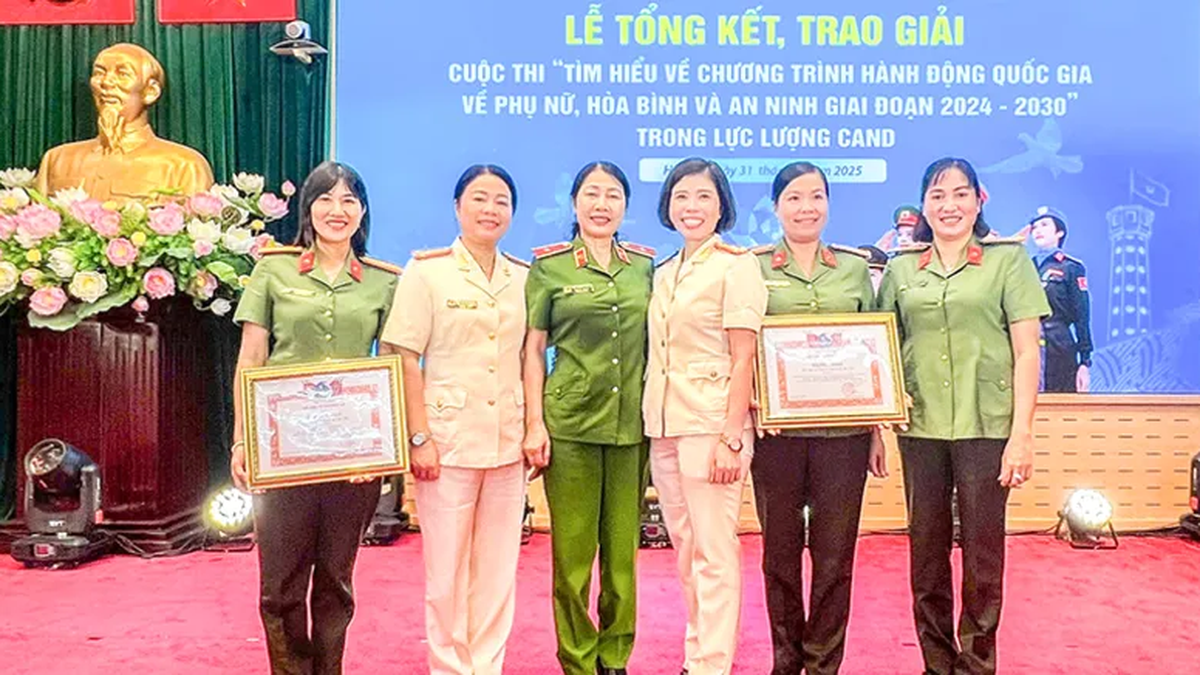













































![[Maritime News] Two Evergreen ships in a row: More than 50 containers fell into the sea](https://vphoto.vietnam.vn/thumb/402x226/vietnam/resource/IMAGE/2025/8/4/7c4aab5ced9d4b0e893092ffc2be8327)




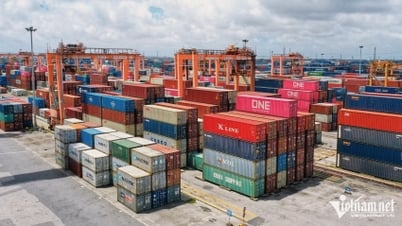





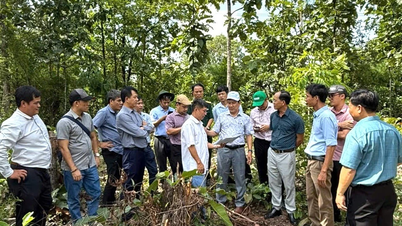









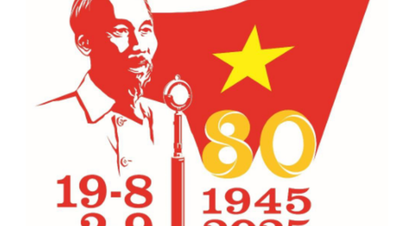


















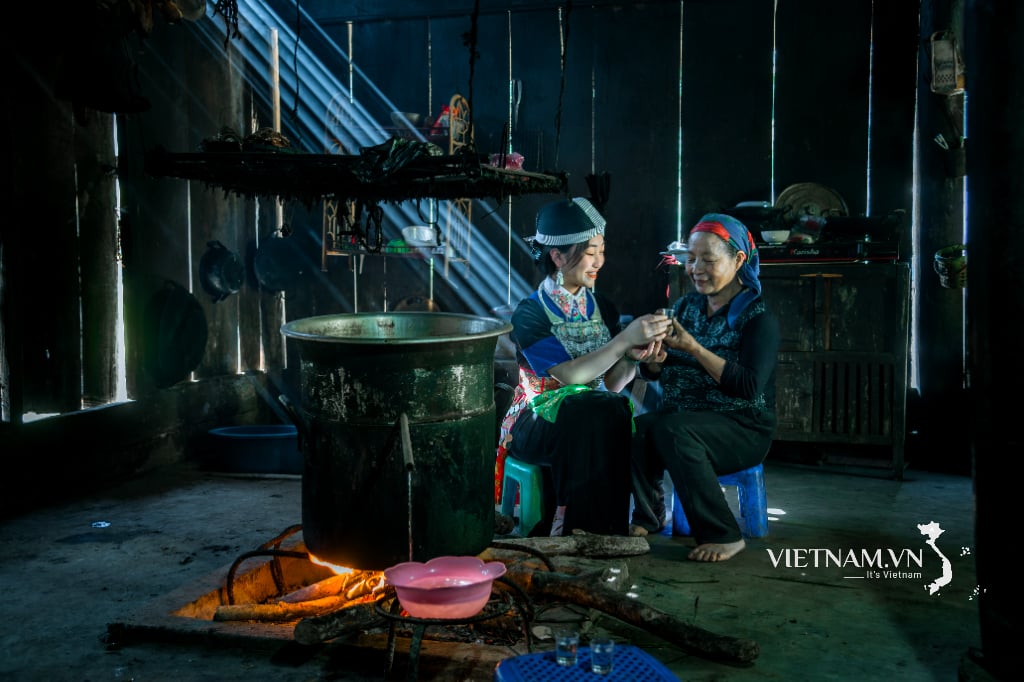



Comment (0)